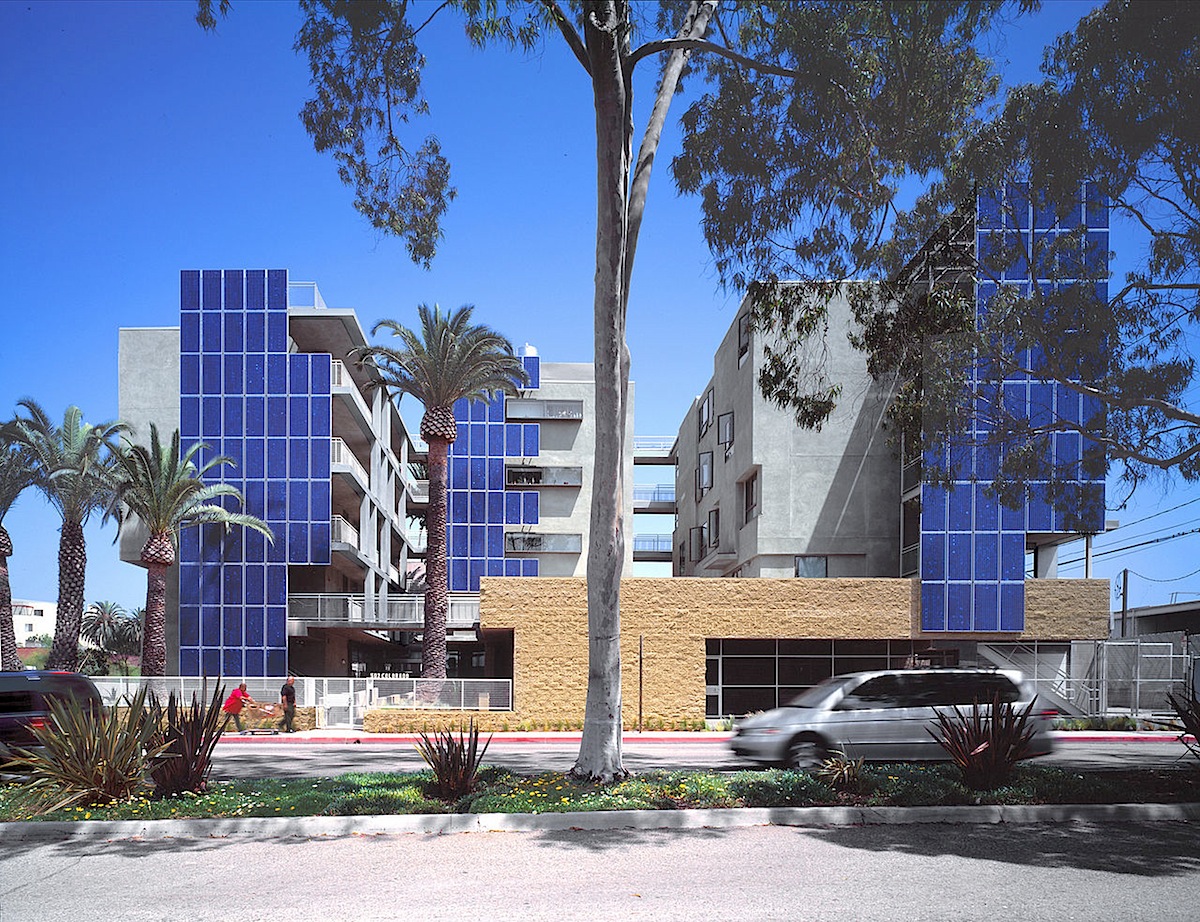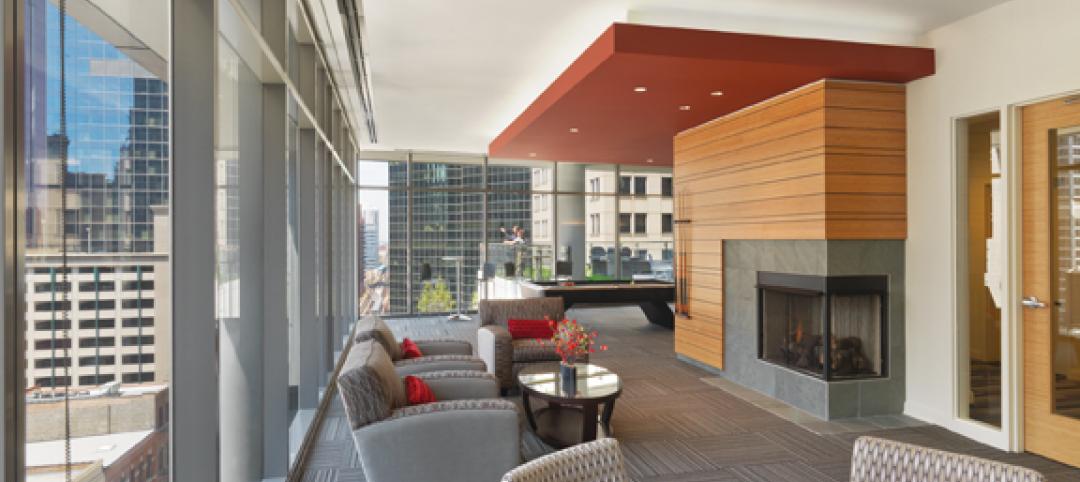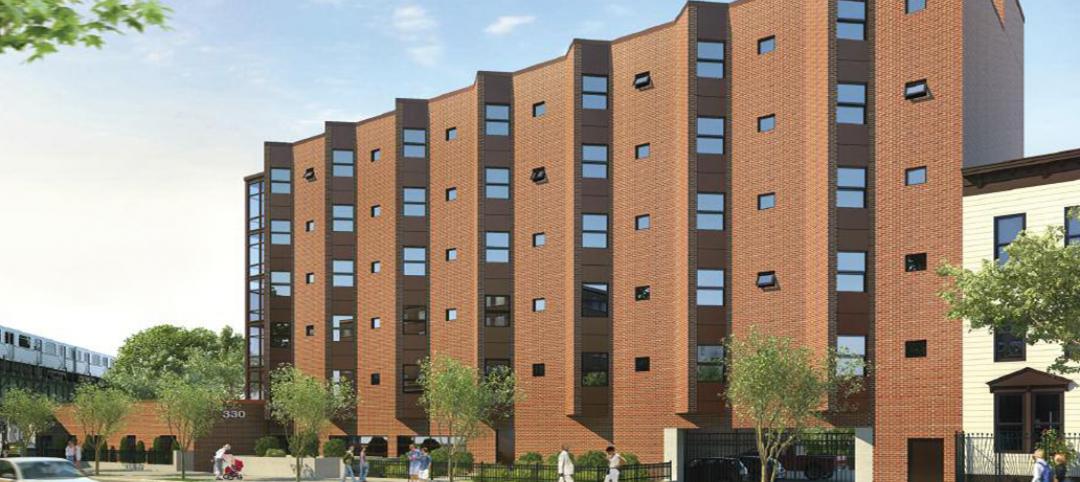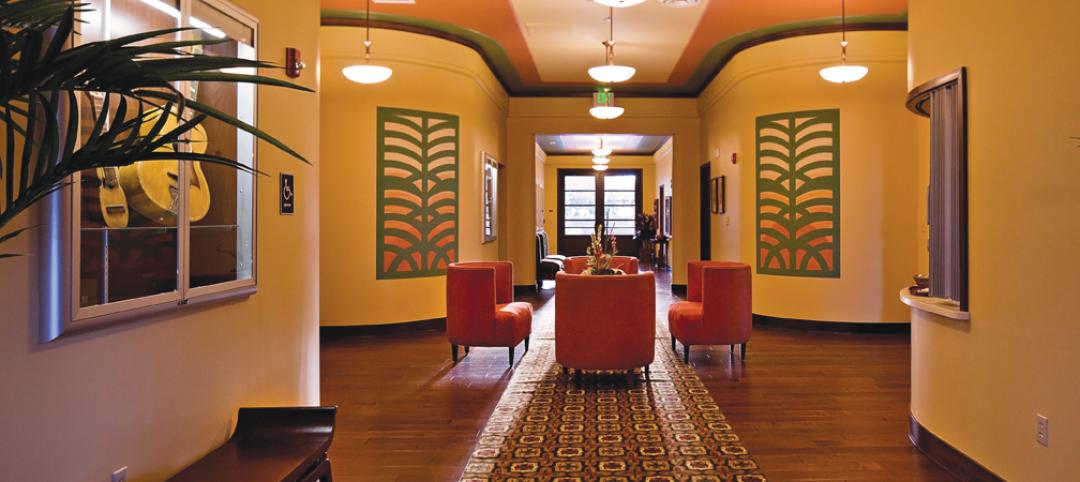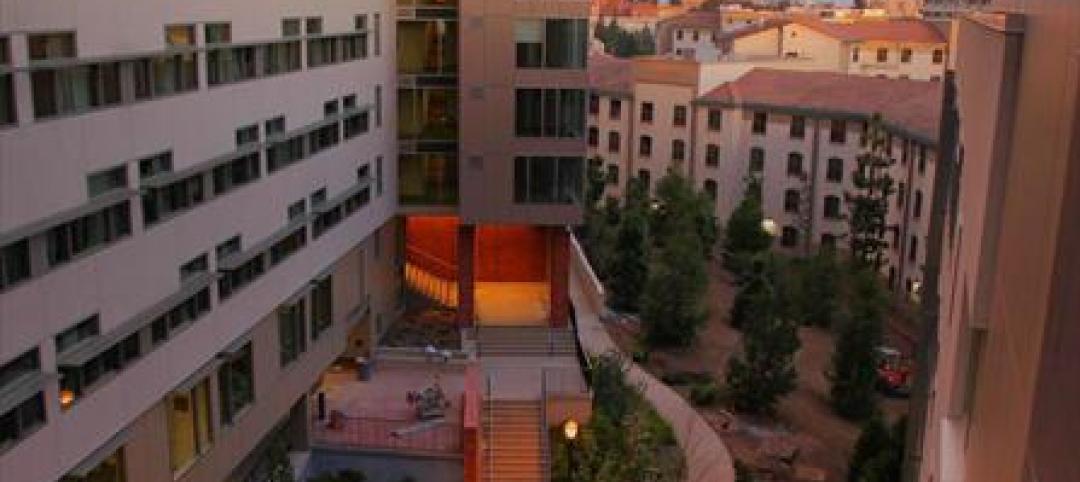The U.S. Green Building Council (USGBC) announced today that Fannie Mae will reward multifamily properties with a green building certification, such as LEED, with a lower interest rate. USGBC’s LEED green building rating system is one of several recognized certifications including Energy Star and Enterprise’s Green Communities Criteria.
For these certified properties, Fannie Mae is now granting a 10 basis point reduction in the interest rate of a multifamily refinance, acquisition or supplemental mortgage loan. For example, if the market interest rate is 4% on the multifamily loan, the new rate is 3.9% with this pricing break. On a $10 million dollar loan amortizing over 30 years, the owner would save $95,000 in interest payments over a 10-year term.
All loans financed under this lower interest rate will be also securitized as a Green MBS, growing the total volume of Green Bonds in the market for socially responsible investors to include in their portfolios. Fannie Mae is the leading provider of multifamily financing in the U.S., with a portfolio valued at more than $200 billion.
“This is a great demonstration of leadership from Fannie Mae, and the partnership between the multifamily finance industry and the green building industry,” said Rick Fedrizzi, CEO and founding chair, USGBC. “This is real money and an incentive to not only build green but also for existing buildings to achieve certification. For the first time, Fannie Mae multifamily lenders will be able to reward building owners for their better buildings.”
"Fannie Mae is leading the way in financing by offering new lower interest rates for green building certified multifamily properties,” says Jeffery Hayward, executive vice president for multifamily, Fannie Mae. “We clearly see the value in the triple-bottom line of certified green buildings: financial benefits of lower operating costs for owners and tenants; social benefits of better quality housing for renters; and environmental benefits for everyone. Our lenders are ready with financing solutions to help multifamily owners make their properties more energy and water efficient for today and for the future."
LEED buildings have been proven to have lower monthly energy and water costs, leaving more disposable income for families and creating healthier and more comfortable indoor environments for occupants. In a study from the U.S. Department of Energy it was reported that LEED buildings are estimated to consume 25% less energy and 11% less water, have 19 percent lower maintenance costs, 27 percent higher occupant satisfaction and 34 percent lower greenhouse gas emissions.
For more information on Fannie Mae’s Multifamily Green Initiative, please see www.fanniemaegreeninitiative.com.
Related Stories
| Jul 20, 2012
2012 Giants 300 Special Report
Ranking the leading firms in Architecture, Engineering, and Construction.
| Jul 19, 2012
Rental market pushing service, ‘community’
The Top 25 Giants 300 AEC firms in the Multifamily Sector keep four-legged tenants in mind.
| Jul 9, 2012
Modular Construction Delivers Model for New York Housing in Record Time
A 65-unit supportive housing facility in Brooklyn, N.Y., was completed in record time using modular construction with six stories set in just 12 days.
| Jul 9, 2012
Oakdale, Calif., Heritage Oaks Senior Apartments opens
New complex highlights senior preferences for amenities.
| Jun 1, 2012
New BD+C University Course on Insulated Metal Panels available
By completing this course, you earn 1.0 HSW/SD AIA Learning Units.
| May 31, 2012
2011 Reconstruction Awards Profile: Ka Makani Community Center
An abandoned historic structure gains a new life as the focal point of a legendary military district in Hawaii.
| May 29, 2012
Reconstruction Awards Entry Information
Download a PDF of the Entry Information at the bottom of this page.
| May 24, 2012
2012 Reconstruction Awards Entry Form
Download a PDF of the Entry Form at the bottom of this page.
| May 2, 2012
Building Team completes two additions at UCLA
New student housing buildings are part of UCLA’s Northwest Campus Student Housing In-Fill Project.


